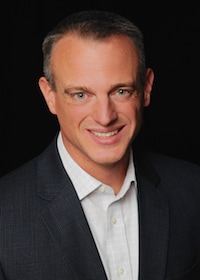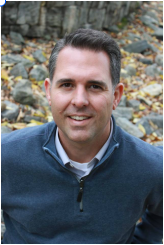|
If you don’t have an emergency fund and are ready to build up one now, get ready to make a few changes. Getting into top financial shape takes work and a real intentional effort on your part to make some necessary adjustments to the way you deal with your money to make this possible.
When you are in the mindset of saving up for an emergency or paying down debts, it’s a time to live in forced scarcity. We aren’t saying to live in scarcity forever, but when you are trying to accomplish a very clear financial goal, like saving a large amount of money, it’s necessary to operate differently than you have been. Otherwise, you would have your emergency fund funded already! Ok, so six months of your expenses is a lot, but you can do this! Here are the seven steps to take for starting your emergency fund today.
It’s the good money habits you establish now – like having a fulling funded emergency fund – that will help to set you up on a path for financial success. Good luck!
Comments are closed.
|
Chris Hardy - CFP®, EA, ChFC®, CLU®,
|


 RSS Feed
RSS Feed
2/3/2016